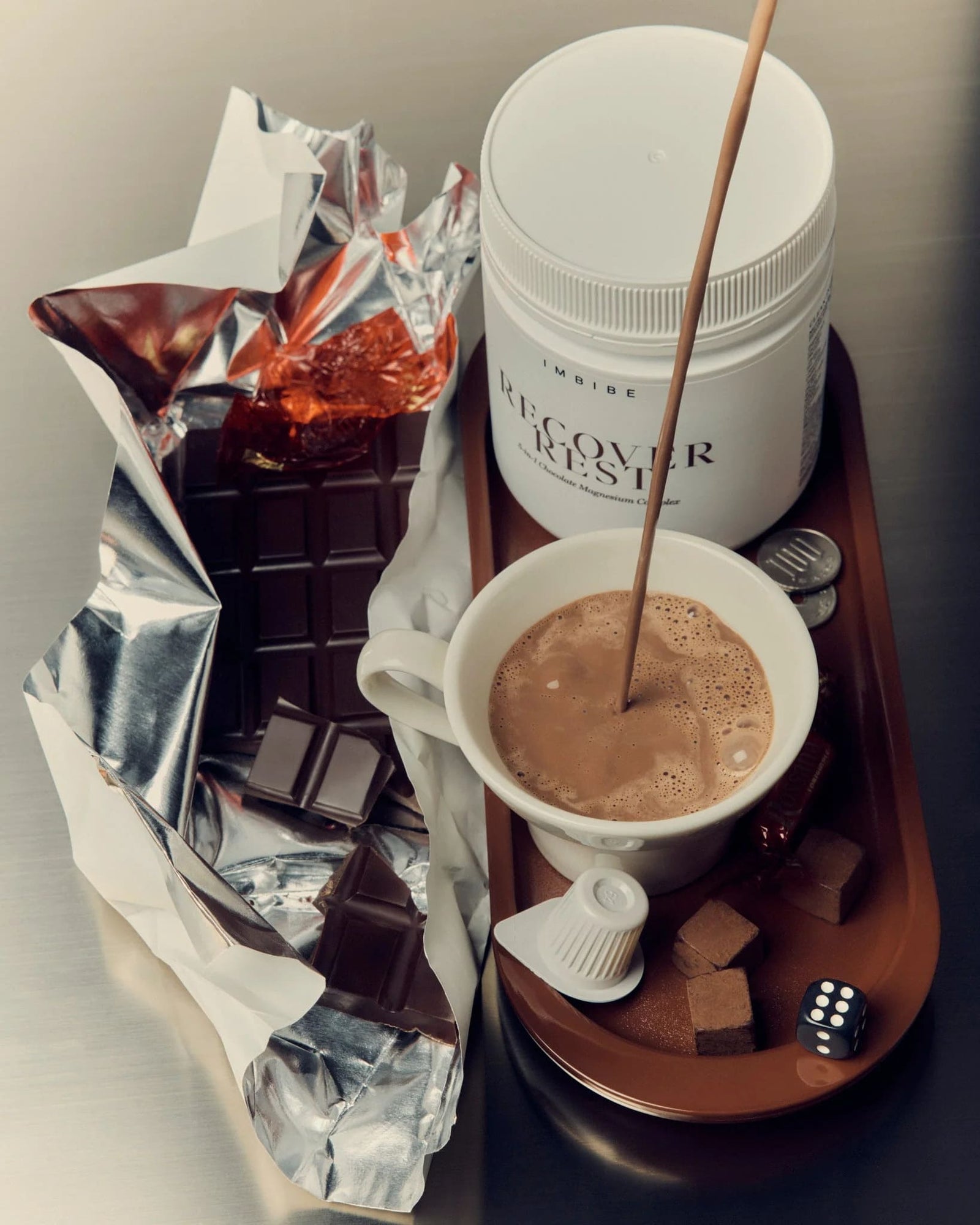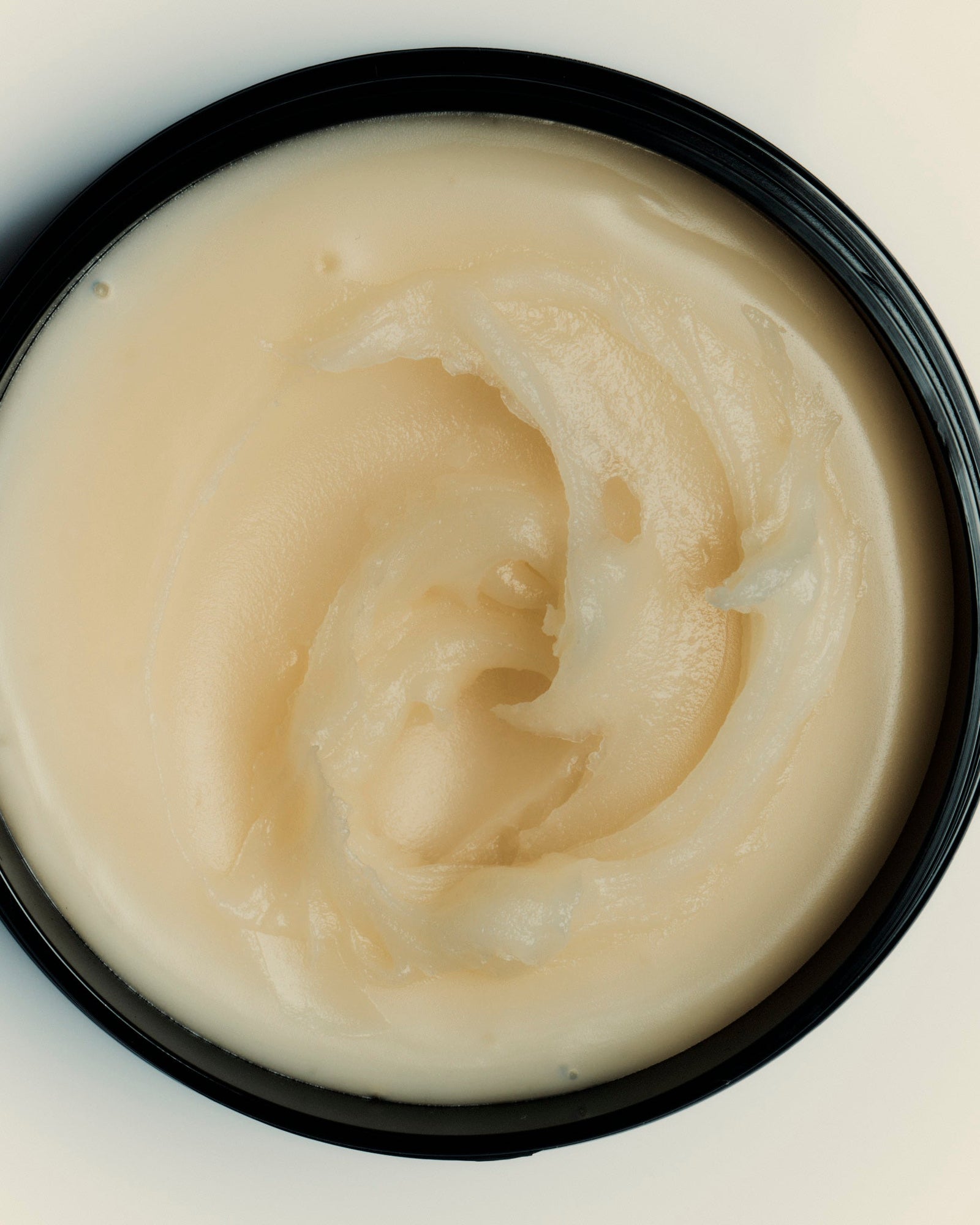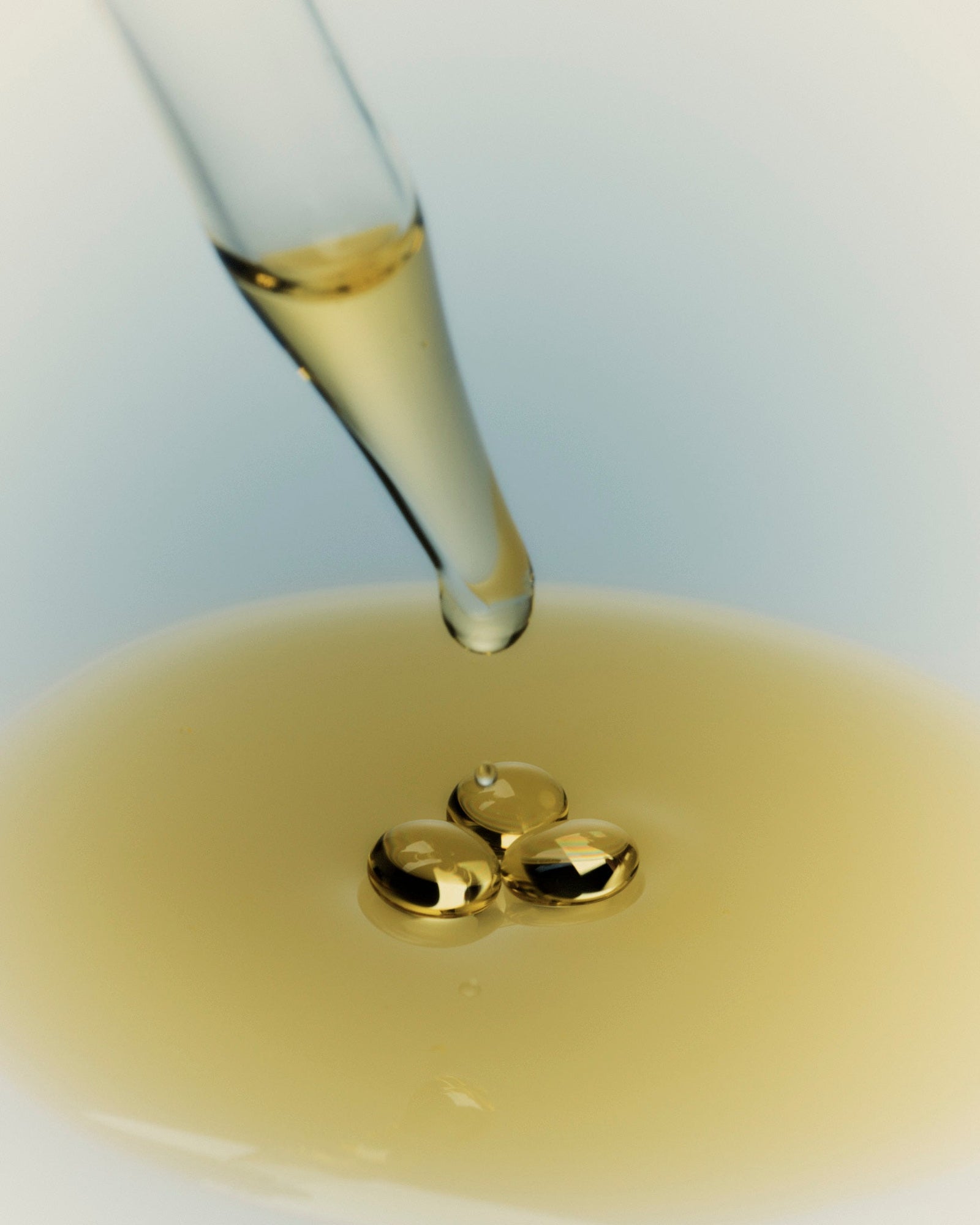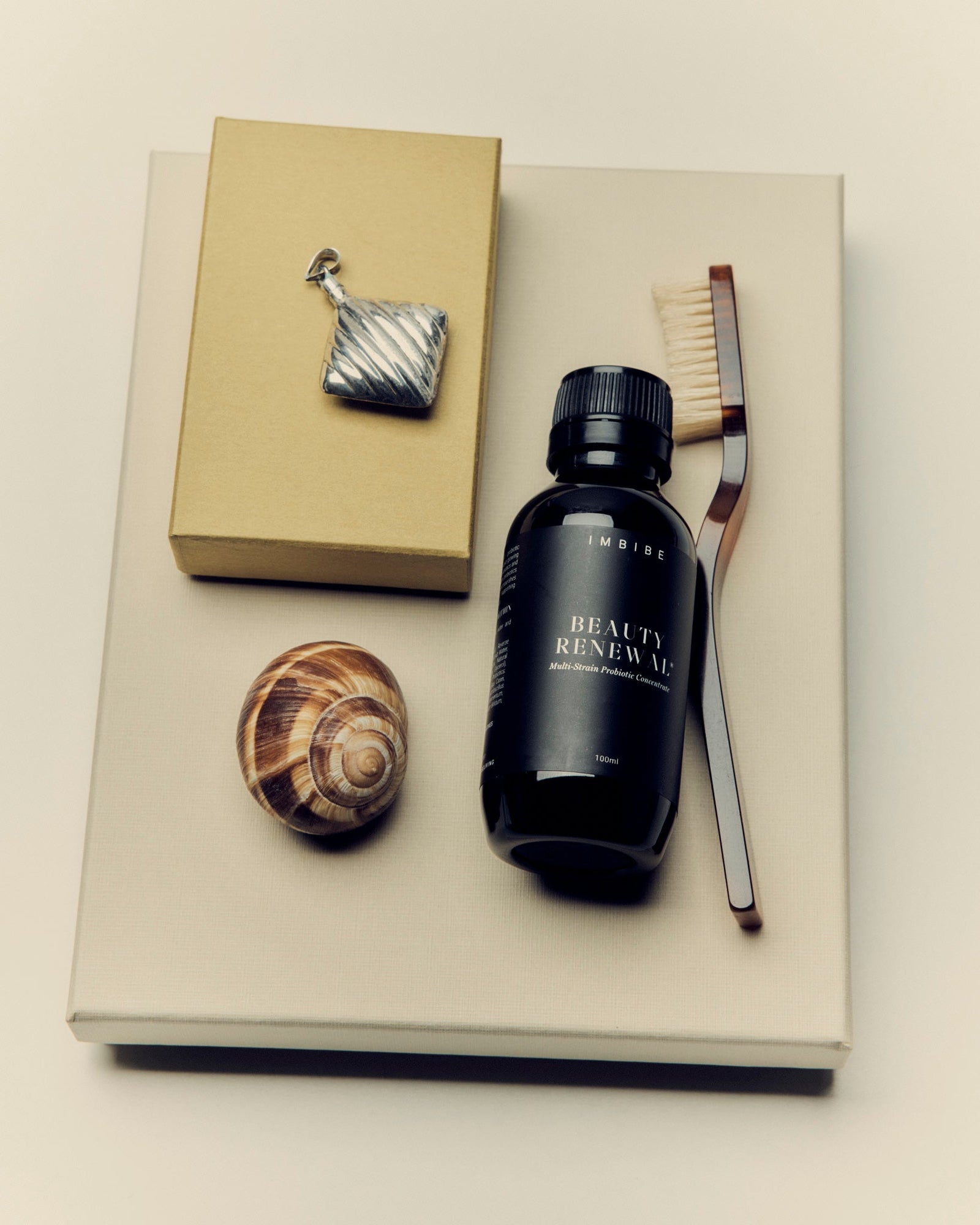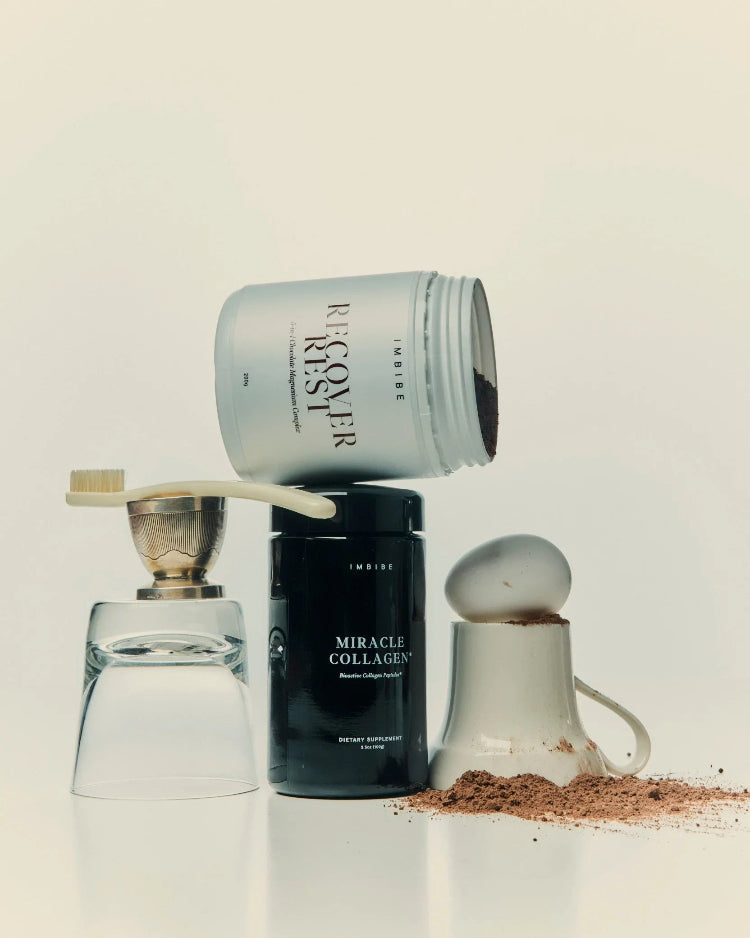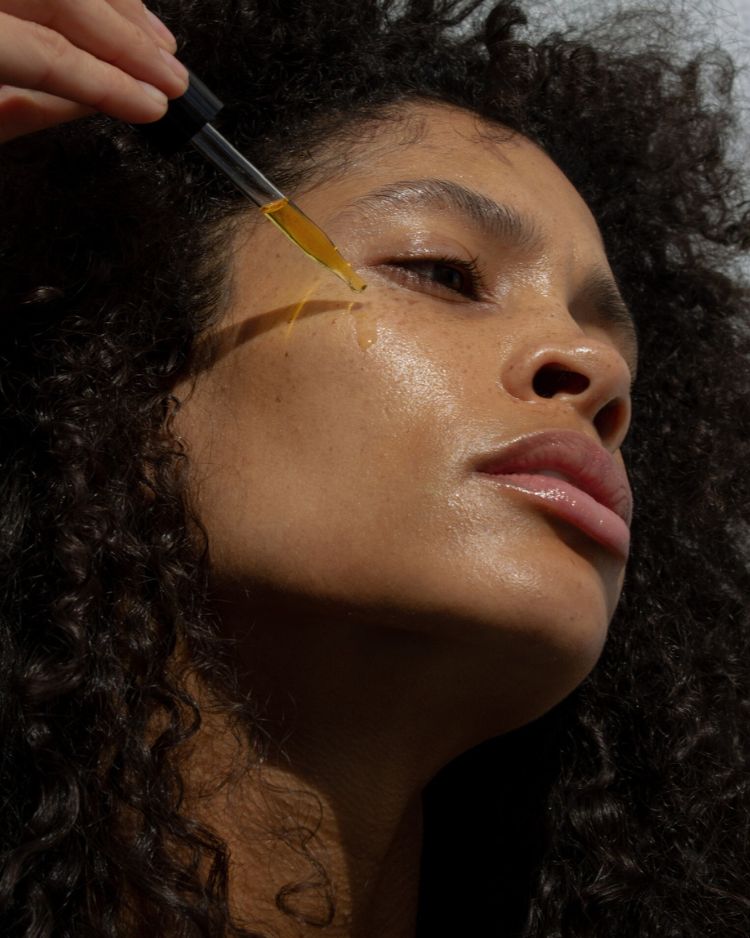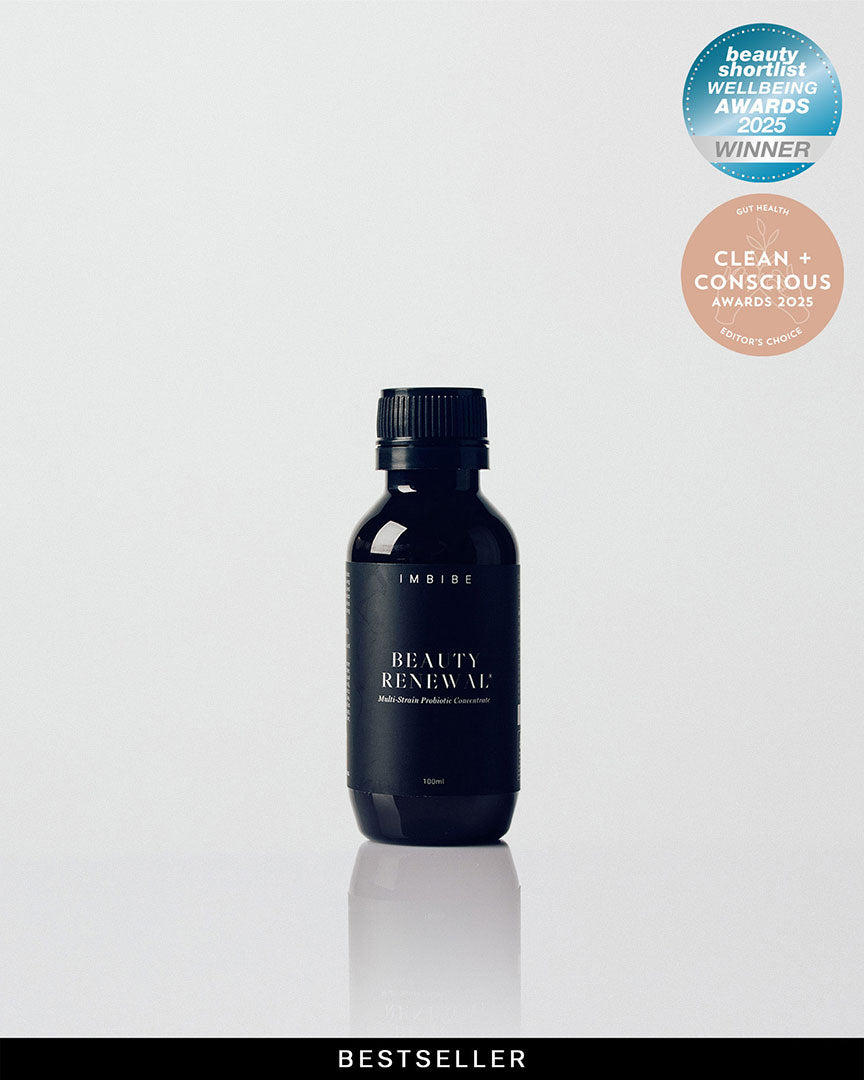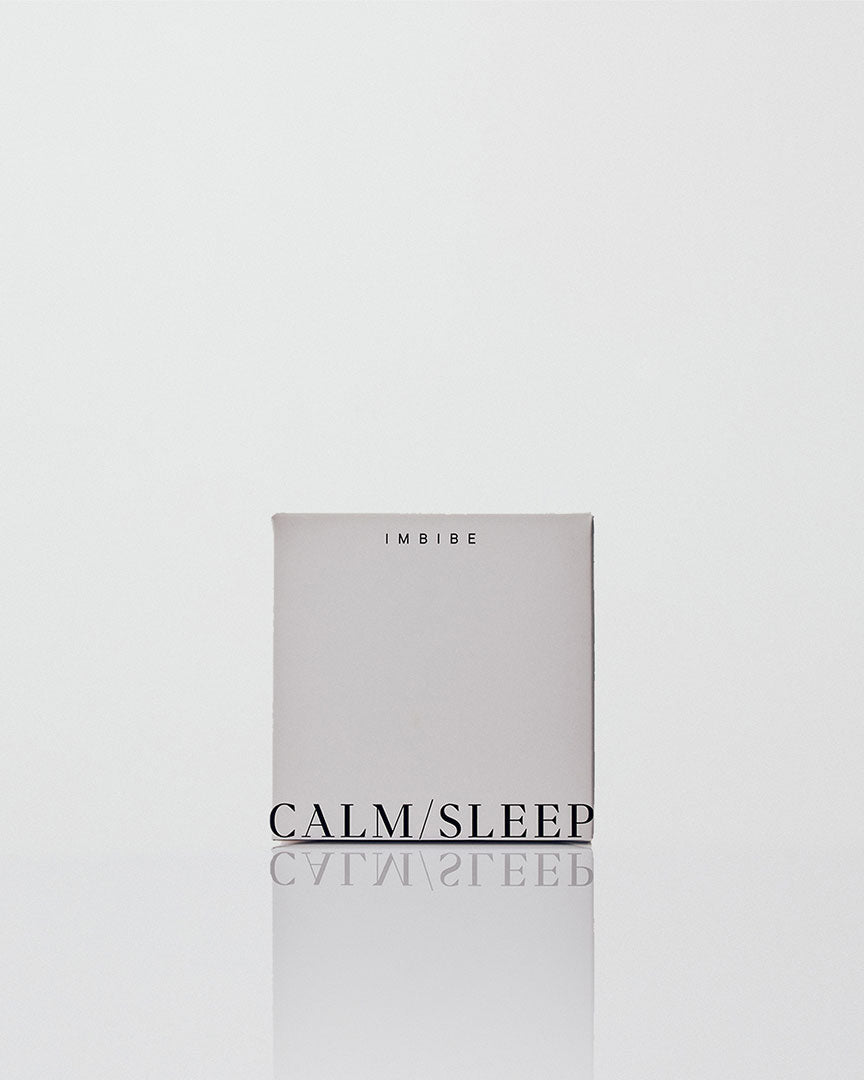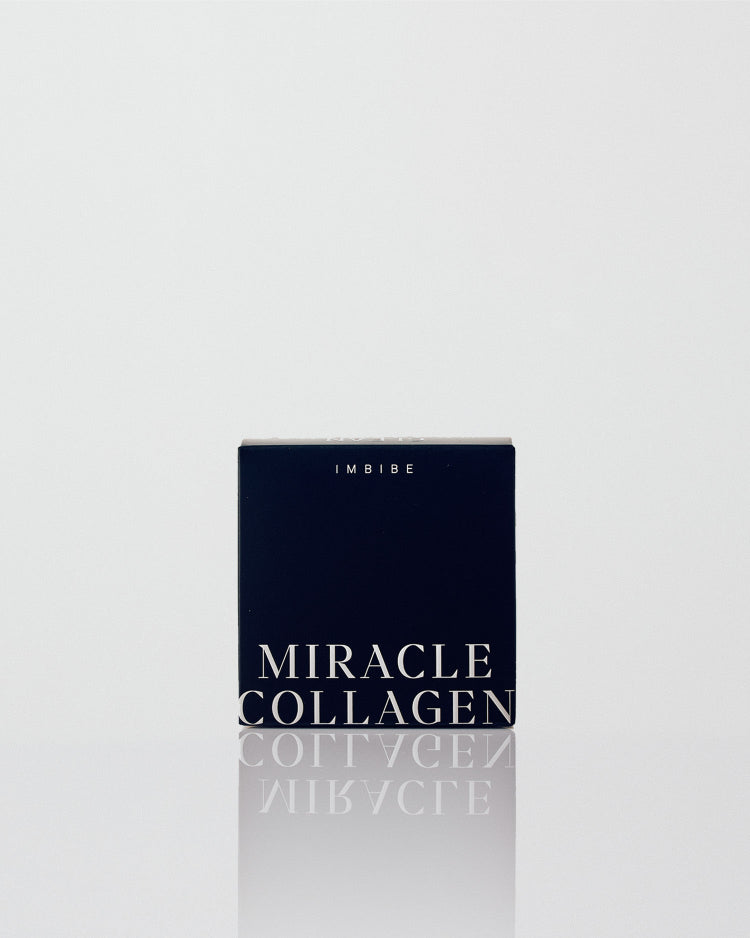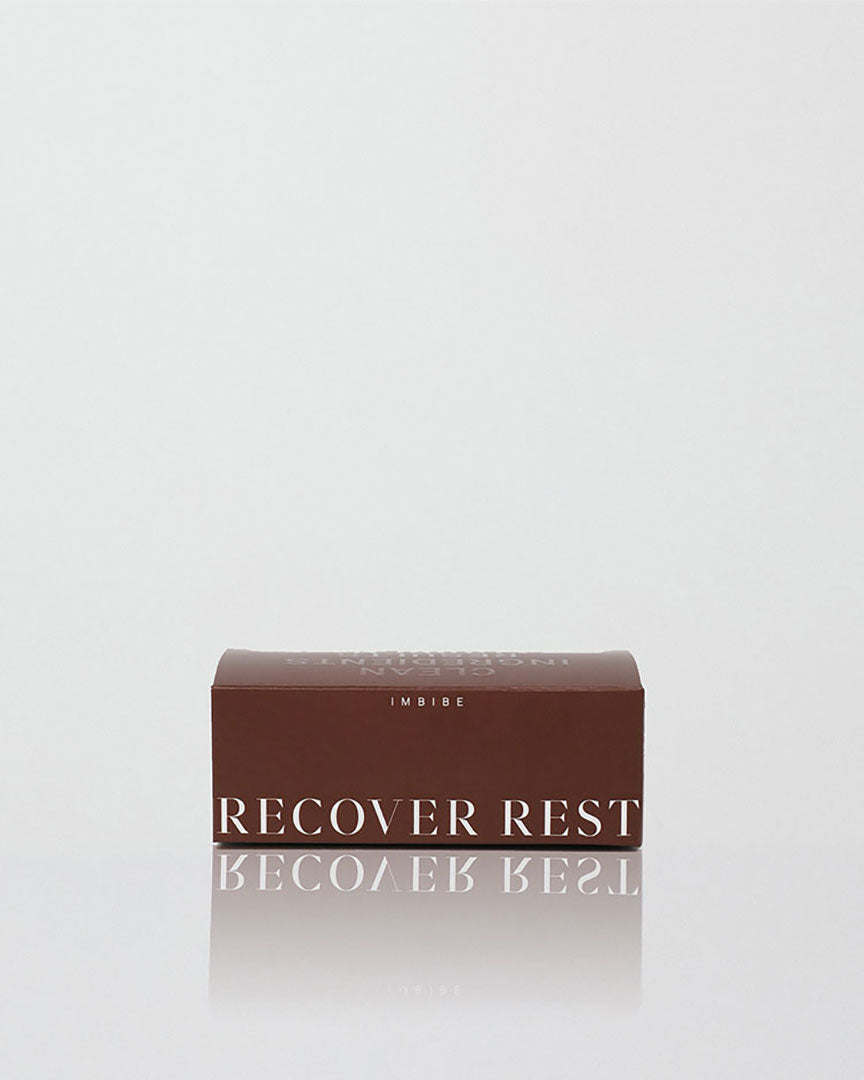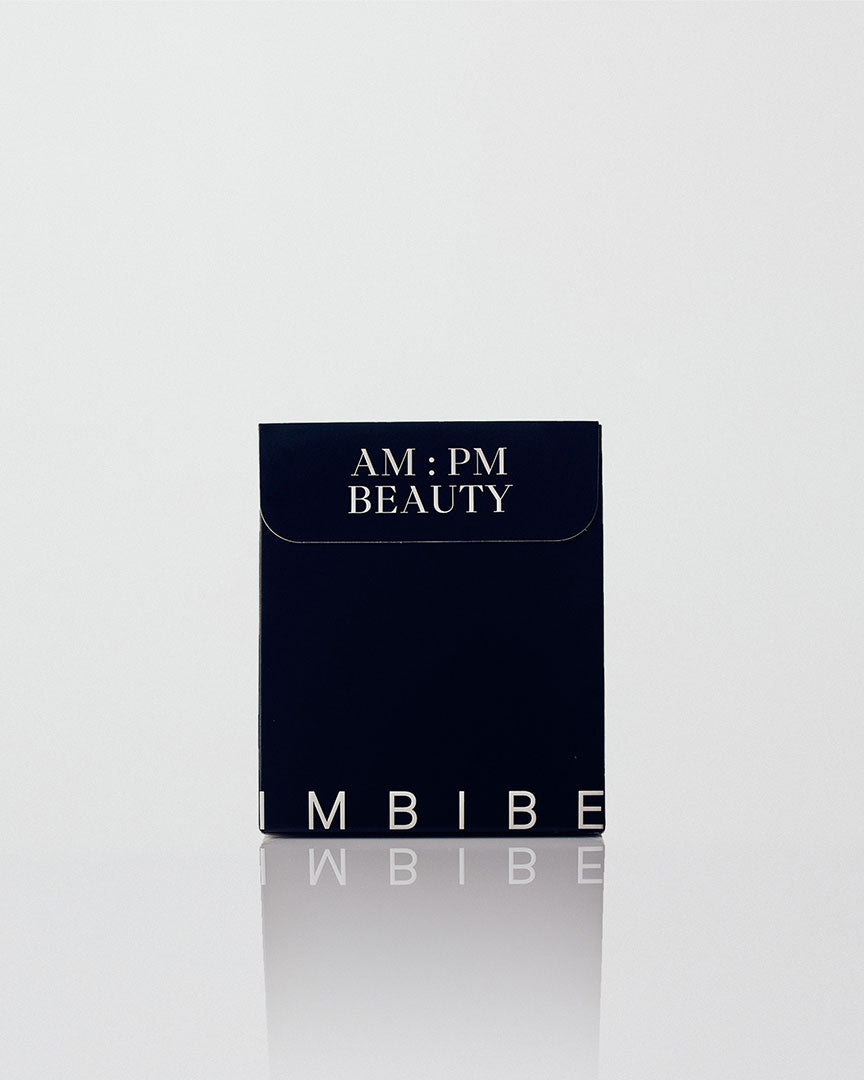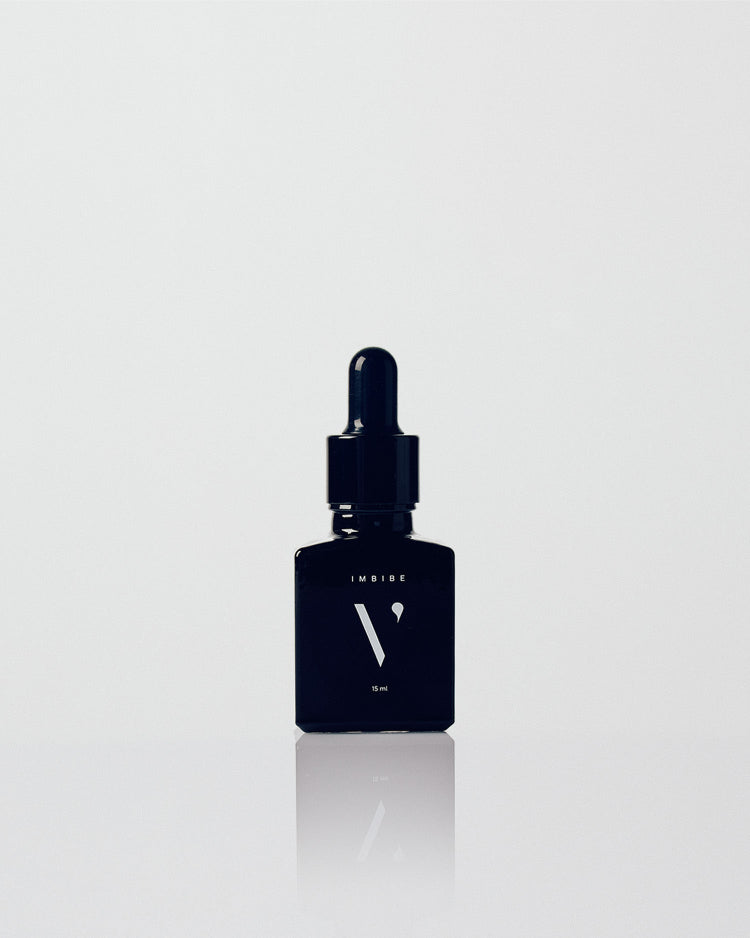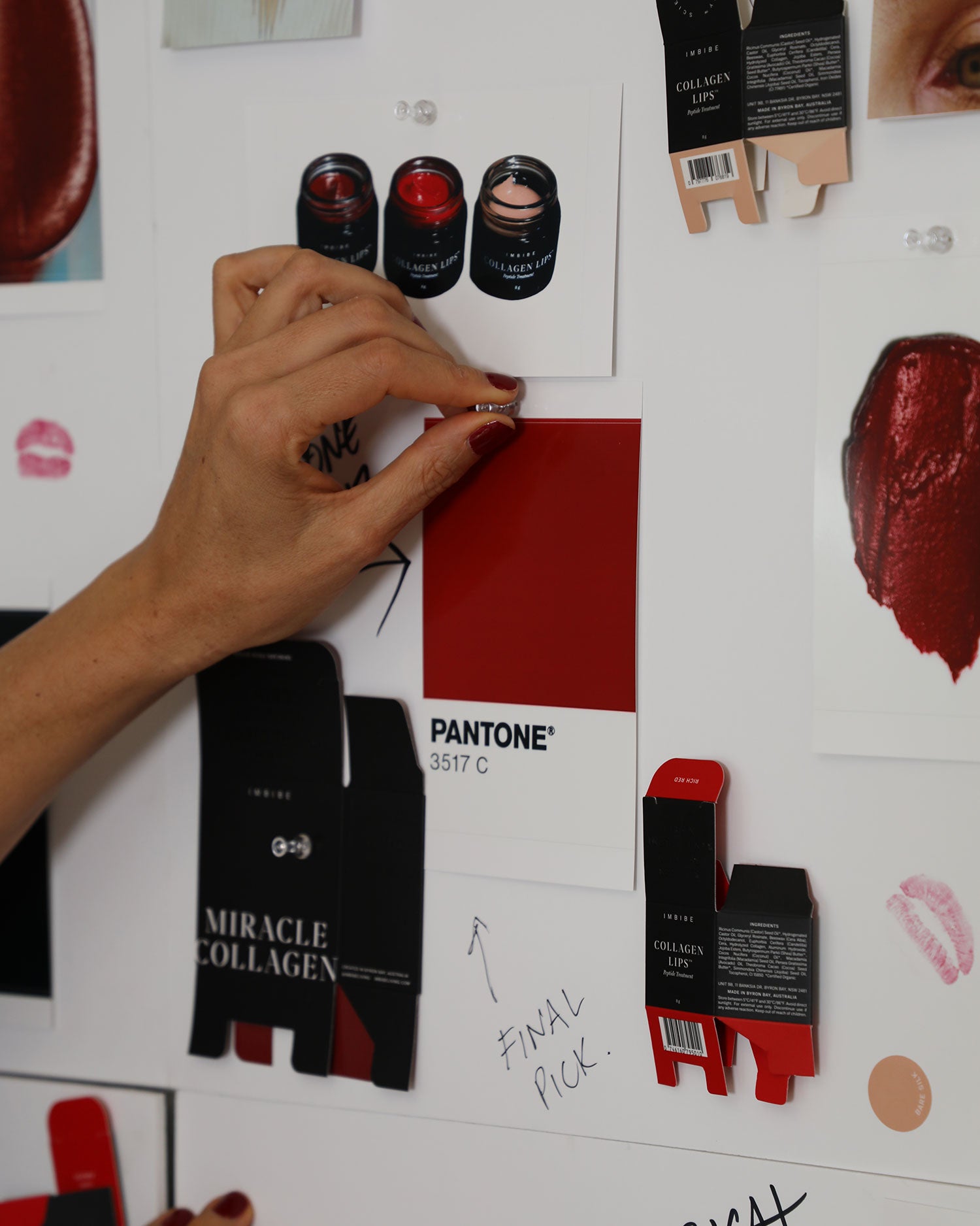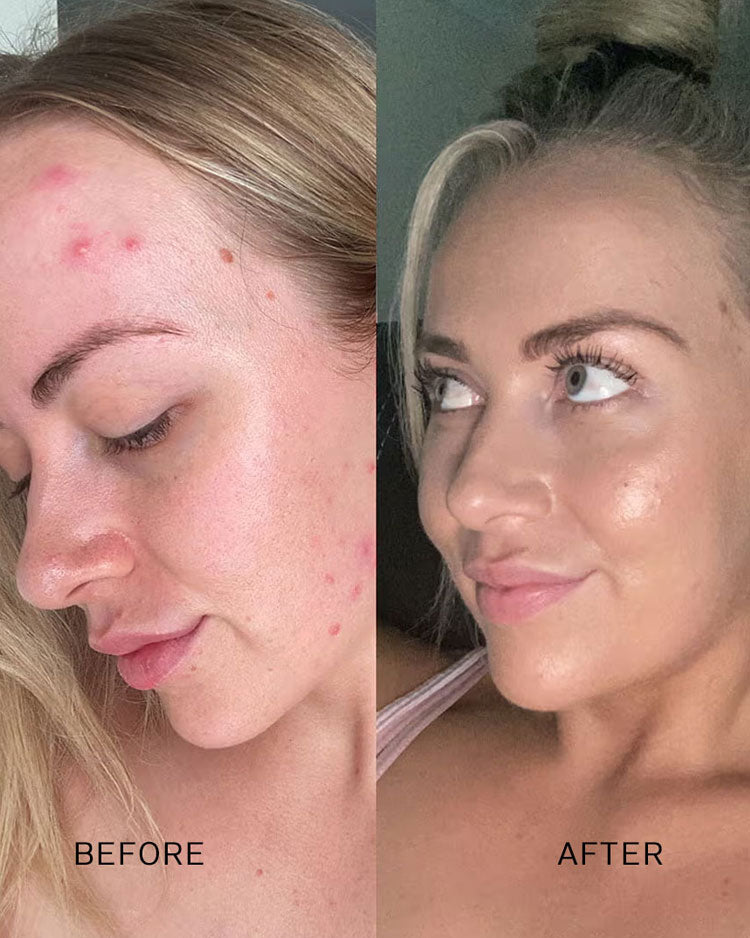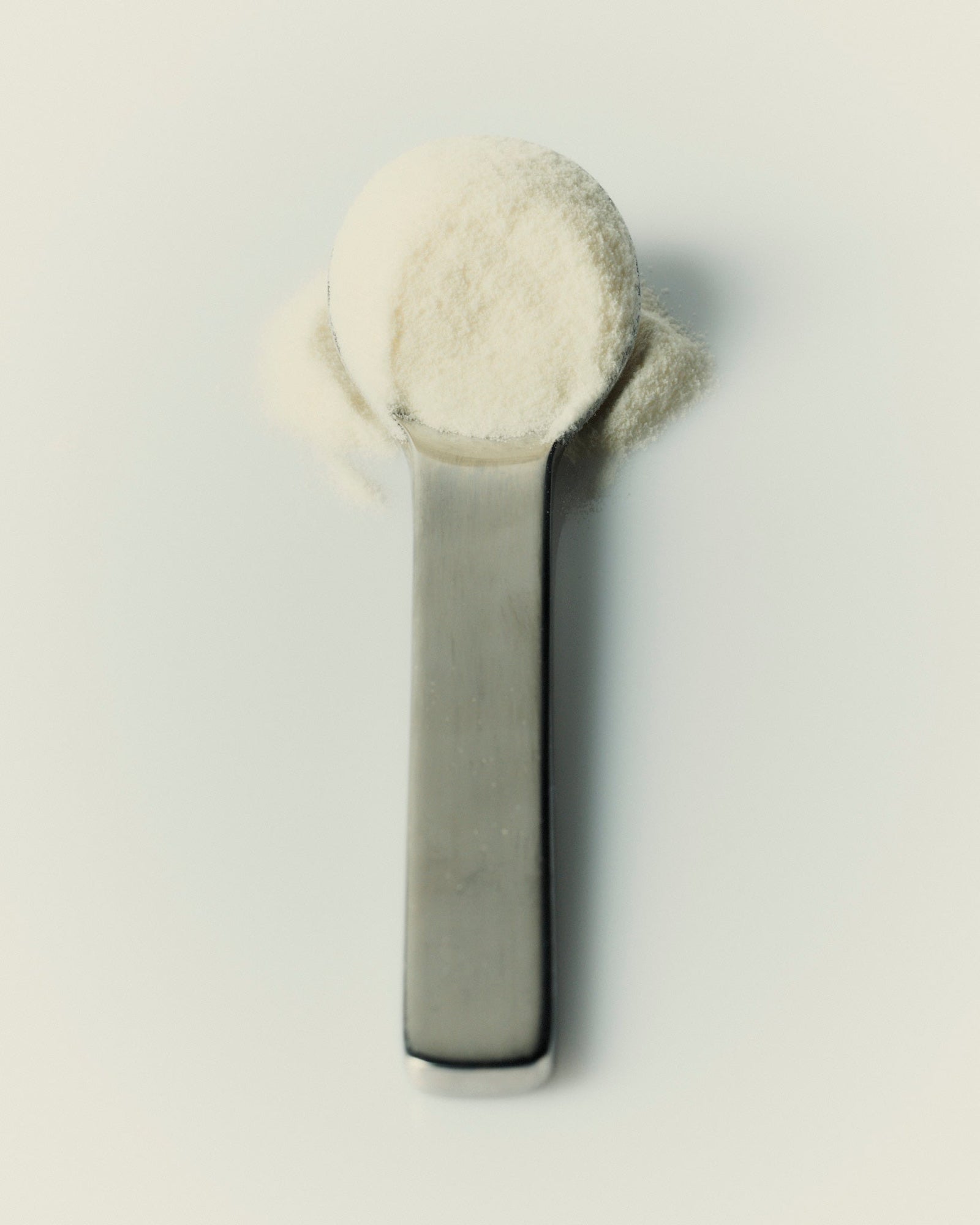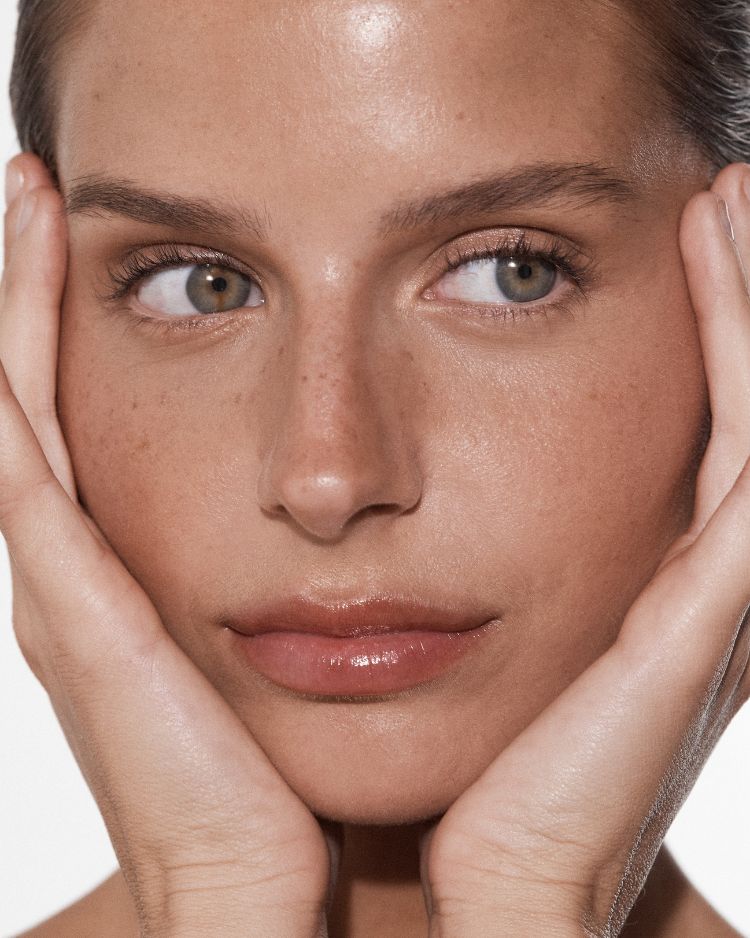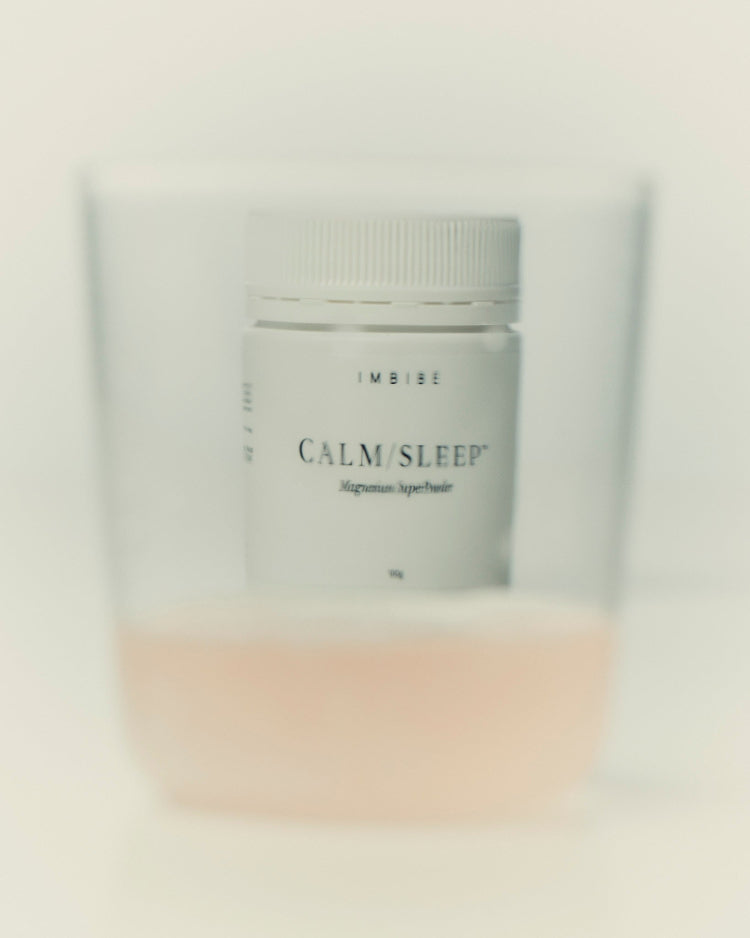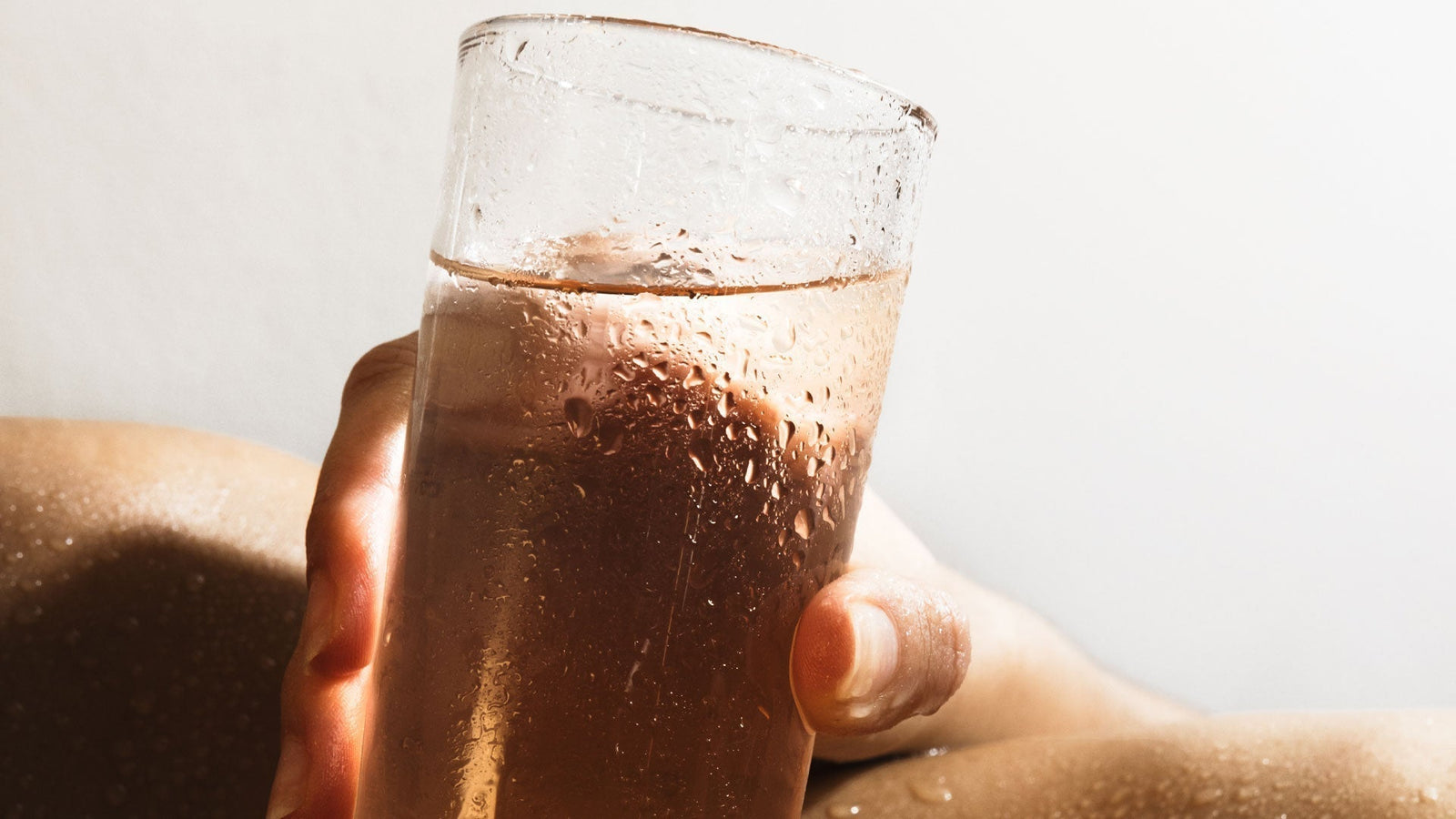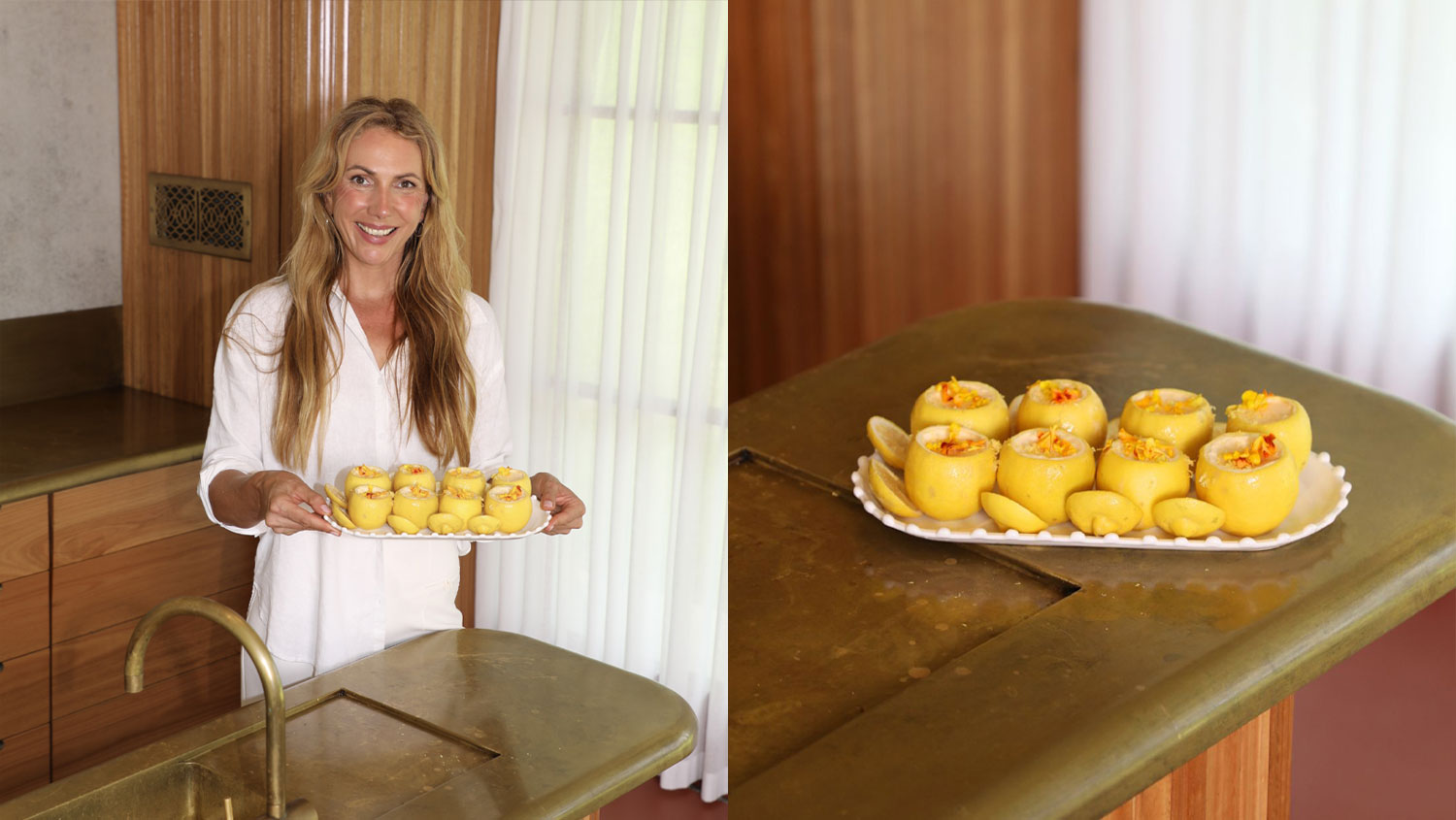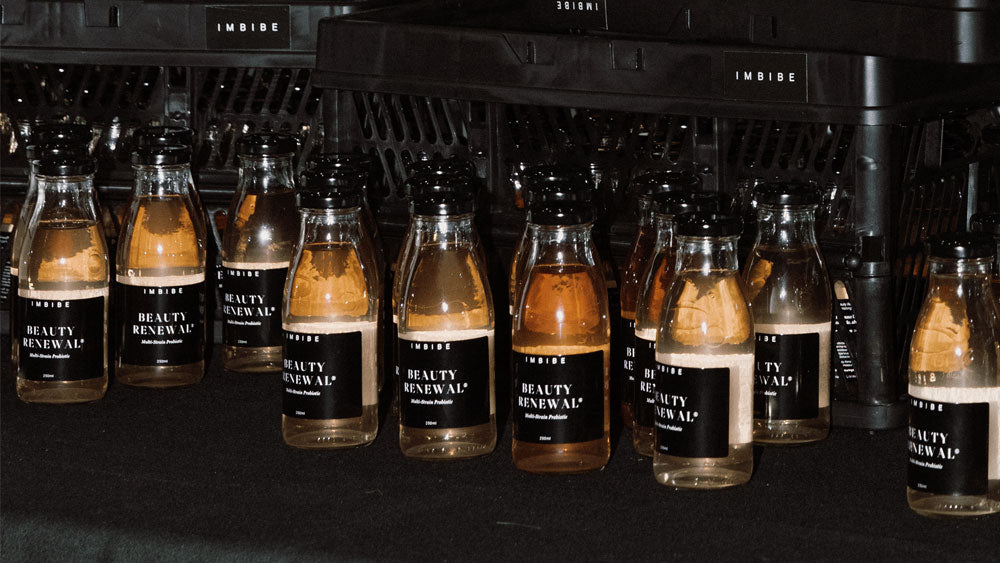
It wouldn’t be an exaggeration to say that gut health is our top shelf, No. 1 favourite (and most important) priority – in business and in health.
As they say, when it’s a fight for your life, you must aim for the head of the snake – and your gut health is the be-all, end-all, head of the snake when it comes to your long-term health, wellness and glowing skin.
Of course, we know the gut is considered your second brain, with more than 100 million nerve endings and connections that are constantly in communication with your cells, muscles and organ systems, constantly fighting to keep your body in homeostasis (or perfect balance). Enter Beauty Renewal, your 3-in-1 probiotic drink for a healthy gut and glowing skin.
And we’re here to support the fight …

What is Gut Health?
Your gut and its lining make up your Enteric Nervous System (ENS), controlling things like digestion, motor functions, circulation, blood flow, and the functionality of your immune and endocrine systems.
The enteric nervous system (ENS) is a long nerve which runs from your brain to the rest of your body, including the oesophagus, stomach and colon. It also connects with other parts of the nervous system, such as the immune system.
When it’s a fight for your life you must aim for the head of the snake – and your gut health is the be-all, end-all, head of the snake when it comes to your long term health, wellness and glowing skin.
Together (with the help of Beauty Renewal), they can control your body's health, wellness and homeostasis, affecting everything from digestion and immunity to mood, sleep, hormone balance and libido.
Everything is fundamental to a healthy, happy, orgasmic life.
Read a little more about How the Gut Affects Immune Function and Hormone Health to get the full scoop!
What is the Microbiome?
Beyond the structure of the gut, is a complete internal ecosystem called the microbiome.
The microbiome is the trillions of bacteria, viruses and other microorganisms living in the intestines. Our guts are home to a complex network of nerves called the enteric nervous system, which has been shown to affect our moods and mental health.
In a perfect world, this microbiome has a sweet little harmony between good and bad bacteria leading to good sleep, healthy bowel movements, lots of energy, and clear skin.
When this system is under duress from physical or mental stress, processed foods, antibiotics, caffeine or alcohol, our little biomes can’t maintain a healthy balance of bacteria, leading to a microbiome crisis. This is the crucial point when we start to see the breakdown of health: colds and flu, digestive issues, depression, anxiety, sleeplessness, poor skin, brittle hair, breaking nails and so on.
Yuck.

The Role of Probiotics
Although probiotics had a misunderstood place in health (up until fairly recently), now, they are scientifically proven, regularly recommended, and a critical part of long-term wellness.
Probiotics are the term coined to describe beneficial bacteria that live in your intestinal tract and formulate the bulk of support in various important bodily processes, such as vitamin production, mood regulation, digestion, immune function, and more. Probiotics themselves are defined as "live microorganisms that, when administered in adequate amounts, confer a health benefit on the host".
Types of Bacteria in Beauty Renewal
Specific strains are known to restore and maintain a healthy microbiome, improve digestion, immunity, detoxification and elimination in the body.
Because probiotics are part of our healthy gut love language, we have specially formulated Beauty Renewal to target the most common deficiencies, inoculate the gut with healthy bacteria, and support the long-term hydration and nutritional support of a healthy gut.

We’re hitting eight strains of bacteria colonies in every serving, and he’s how we’re doing it:
1. Lactobacillus acidophilus
Its name reflects what it produces — lactic acid. This type of bacteria produces an enzyme called lactase, which breaks down lactose, a sugar found in milk, into lactic acid. It is also sometimes referred to as L. acidophilus or simply acidophilus and is clinically shown to support immune function and support healthy digestive function.
2. Lactobacillus casei
Shows a distinct benefit to the entire gut microbiota, improving gastrointestinal issues, fighting infections and modulating immune and inflammatory responses. Studies have shown that Lactobacillus Casei also enhances gut microbial diversity and balance.

3. Lactobacillus plantarum
Formerly known as Lactobacillus arabinosus, this family of bacteria is commonly found in fermented foods as anaerobic plant matter. Known as a gentle mediator for stress, reducing stress and inflammatory responses.
4. Lactobacillus bulgaricus
Targets the pH in the small intestine, keeping levels too low for harmful bacteria growth. Studies have shown the potential for this bacteria to increase immune action and decrease inflammation.
5. Lactobacillus fermentum
Reported to enhance the immunologic response as well as actively prevent gastrointestinal and respiratory infections. Lactobacillus fermentum has also been shown to improve protection against harmful intestinal bacteria.
6. Bifidobacterium lactis
Commonly used in food products, as it is more robust than other species of Bifidobacterium genus, Lactis exhibits increased oxygen tolerance, enabling survival in a variety of environments. These bacteria digest dietary fibre, prevent infection and produce vitamins and chemicals that support an enhanced immune function.
7. Bifidobacterium bifidum
Bifidobacteria make up less than 10% of the bacteria in a fully developed microbiome. The main function of Bifidobacterium bifidum is to help digest fibre and complex carbohydrates that the body cannot break down on its own. It’s been shown to have immune and antibacterial properties.

8. Saccharomyces cerevisiae
The most studied yeast probiotic, known for its protective actions in the gut against pathogens and potential anti-inflammatory activity. When it comes to probiotics, we love fermented foods, drinks and of course, some of our favourite recipes. Check out our favourite Autumn Morning Must-Have Beauty Bars for a little inspo! Or check out Bianca Meles below, discussing her favourite Beauty Renewal.

